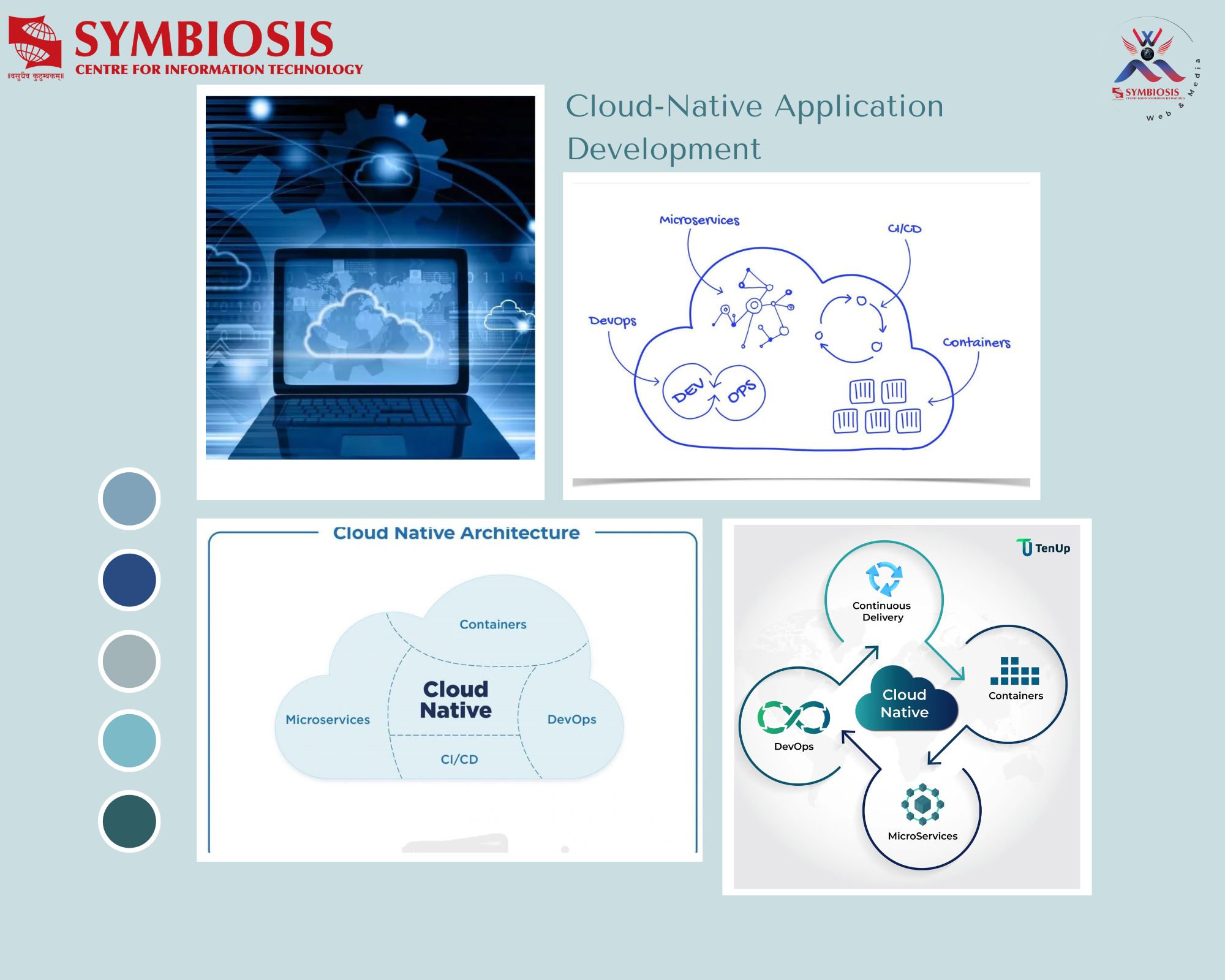A “BIT” of the future money

Bitcoin is a consensus system that enables a new payment system and completely digital money. It is the original decentralized peer-to-peer payment network which is driven by its users with no central authority, banks or middlemen. From a user point of view, Bitcoin is very much like cash for the Internet.
Bitcoin is the first execution of a concept called “crypto-currency”, which was first explained in 1998 by Wei Dai, signifying the idea of a new form of currency that uses cryptography to control its conception and transactions, rather than a central authority.
Bitcoins can be acquired as payment for goods or services, purchasing Bitcoins at a Bitcoin exchange, exchanging bitcoins with someone near you or by earning bitcoins through competitive “mining”. By now 11 million Bitcoins are in existence and once this figure hits 22 million, “mining” of Bitcoin would cease. The currency is finite in number to keep inflation rates low and because of the cryptography feature; the currency cannot be easily counterfeited.
The first Bitcoin design pattern and proof-of-concept was published in 2009 in a cryptography mailing list by Satoshi Nakamoto. Unlike other technologies, Bitcoin is controlled by nobody. Bitcoin is controlled by users of Bitcoin spread worldwide. While developers are improving the software, they can’t force a modification in the Bitcoin protocol as all users are free to choose the software and version want to use.
In 2009, the Genesis Block was established, the first transaction was carried out, the exchange rate was published and there were two versions of Bitcoin that were launched. The Bitcoin market was established in 2010 and the creation of “MT GOX”, most widely used bitcoin currency exchange market, triggered the launch of version 3 as well as led to a significant rise in the exchange rates of Bitcoin. In 2011 the Tonal Bitcoin units, a representation of the Bitcoin network aimed to provide a use-case for acceptance of Bitcoin, were standardized. Bitcoin by then was in parity with the US Dollar. Android has a fully functioning wallet application for Bitcoin. Bitcoins are lucrative because of:
- Payment freedom
- Very low fees
- Fewer risks for merchants
- Security and control
- Transparent and neutral
| Finite | Durable | Divisible | Portable | Tangible | |
| Bank notes | No | No | Yes & No | Yes | Yes |
| Bitcoin | Yes | Yes & No | Yes | Yes | No |
Amidst all these developments that were going in the world of Bitcoin there were certain mishap that also took place. In 2010, a major vulnerability was encountered wherein Bitcoin transactions were being blocked. In 2011, EFF stopped accepting BTC for legal reasons and the MT GOX was compromised wherein the user table was leaked which had thousands of usernames and corresponding password hashes. In 2012, over 1 Million Accounts were Compromised and $350k Stolen by Hackers in one week. Thus we can see the disadvantages as:
- Degree of acceptance
- Volatility
- Ongoing development
- Supply and demand of Bitcoins is not supervised by any central authority and thus there is low liquidity
- Bitcoin dealings are not easily observable; laundering of money & illegal online transactions become easy.
Thus some concern-areas Bitcoin needs to address are of anonymity versus privacy, is Bitcoin really the future currency, role of Bitcoins in micropayments and many more. But the success of Bitcoins in the time to come mainly depends on the assumptions that Bitcoins will be able to help the general public the same way as cash, ample security features, addressing tax liability issues and presence of a central regulatory authority.
Name: Preyas Vasavada
About the author: Preyas is currently pursuing his MBA in IT Business Management at SCIT, Pune













